Capacity building: challenges and opportunities for a rural non-profit organization
In his article, Arjun Trivedi illustrates how education has to be a key part of capacity building and empowerment processes of historically marginalized communities.
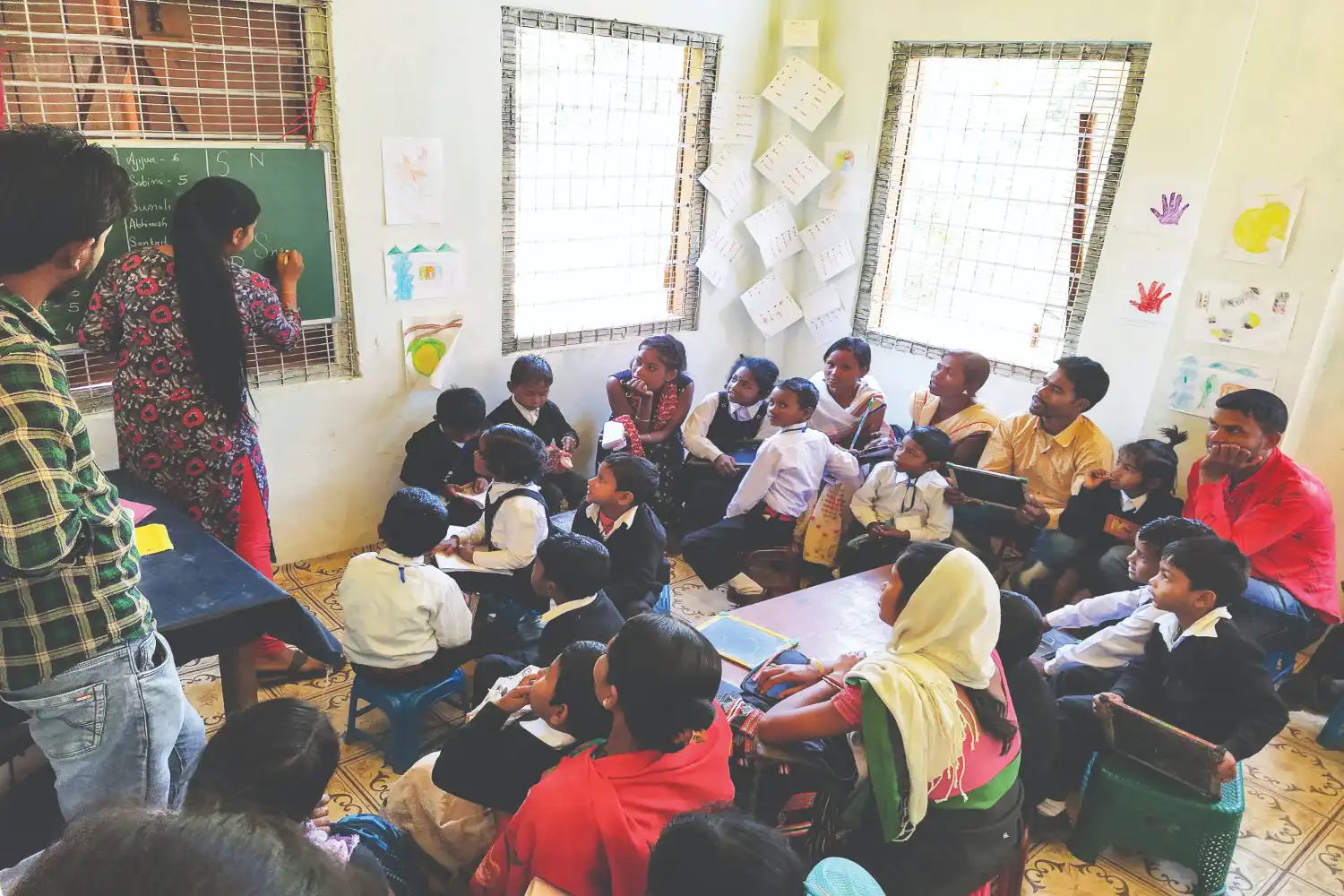
Historical roots of disempowerment in Assam’s tea plantations
Karunar Kheti Trust is a rural non-profit organization founded in 2019 and is based in one of the tea-plantations of Assam. Our organization has given agency to its people to build and run a model school. In addition, we are also exploring and developing people-led and ground-up driven initiatives in livelihood development and health. This article lays out our particular context and approach to capacity building, and the challenges and opportunities therein.
The tea-industry of Assam is the 3rd largest employer of people in India and is currently facing an unprecedented socio-economic and environmental crisis that leads many to think that this industry may not survive another 15- 20 years if drastic course corrections are not taken. Deeply entangled in this crisis is the extreme disempowerment of its 1.2 million workers. This disempowerment has historical roots, and was seeded more than 150 years ago by top-down systems of an exploitative indentured/contract labour system created by the colonialists.
This process led to a cycle of intergenerational workforce bound to live on isolated tea plantations with little to no opportunities for development of even the most basic human agency. After independence, any attempts at reform were, at best, also top-down in nature, for example by way of the Plantations Labour Act 1951. The extreme disconnection of proposed solutions to the deep-rooted crisis of the human condition of a vast people has only led to a deepening of the crisis and the conflicts.
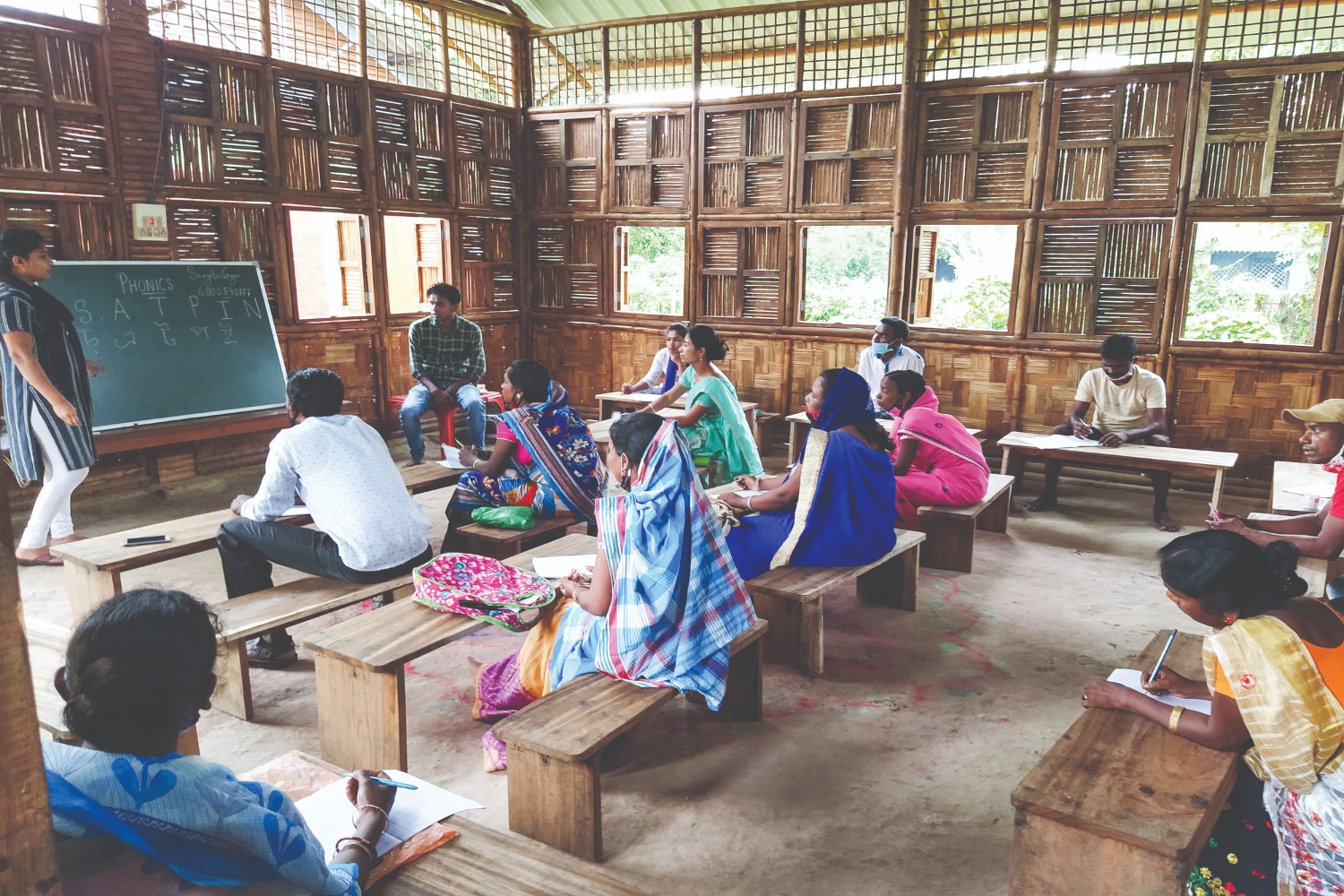
From self to community: education as a pathway for empowerment
Growing up in the tea-plantations of Assam, this increasing gap between top-level systems, the disempowerment of the people on the ground, and increasing levels of related crisis and conflicts felt clear for me to see. However, as an adult, as I began to note why it was so profoundly difficult to address such gaps, I began to feel the presence of a humbling responsibility to at least try.
Our approach has been to trust our local knowledge and skills to build a foundation for empowerment
I immersed myself in an exploration with the people to find the first steps towards building a collective agency for empowerment. I began noting, ever more deeply on the basis of experience, the depth of the human crisis whose reflection in numbers and statistics has become routine for the tea-plantations of Assam. For example, Assam tops the school dropout and maternal mortality rate in the country, both of which are alarmingly higher in the tea-plantation communities. Our own research in the tea-plantation where we are based revealed that only 5%, 2%, and 1% passed class X, XII, and college, respectively.
The decision to build a school was given birth in such a churn, which included time that I spent time with children as a volunteer tutor and mentor. A group of women tea-pluckers, with whom I spent as much time as with their children, began building confidence and trust in me. One day they opened up to me for their need of a good school, for which if I took the initiative, they would support me. This gesture of support affected me deeply because it was the spark for a spirit of collective empowerment that I was looking for to lead us. Karunar Kheti Trust, with a vision to give agency to the people to build a school, was thus born.
The overarching challenge that immediately awaited us for building the capacity of such an organization can be briefly noted as those related to bridging this same gap that affects the crisis of the region — between external/ top-down and local/ground-up systems, which are also strongly correlated with modern and traditional systems, respectively. Our approach has been to trust our local knowledge and skills to build a foundation for empowerment on the basis of which this disempowering gap can be collapsed into an empowering and unifying resource pool of knowledge and skills that is fundamentally accessible by all human beings.
Learning capacity building: many strands that make the rope
For example, consider the building of the education expertise of our school. Our community of students, teachers, and parents need safe incubation for an immersive interaction with each other to rediscover the values of empathetic connections, mutual trust and processes of collaboration to build the foundation of our processes of education. This includes, for example, not using textbooks of any kind, but developing the ability to listen to and trust our children, and be guided by the general principle of holistic education that is anything but an exclusive idea.
Recognising systemic disempowerment over generations, we have focussed on adult literacy programs for the parents and are in the process of establishing a School Management Committee (SMC) to deepen the foundations of community participatory processes. On such a basis, we engage with the wider ecosystem of education, from various boards and textbooks, to teacher training courses with SIES Institute of Comprehensive Education, Mumbai and Azim Premji University’s School of Education.
For our larger goal of organization development, we are working on a program developed by Dhwani Foundation to systematically develop, initiate, and document respective processes and policies of compliance, governance, finance and accounting, HR etc. After having established such a core foundation, we have begun to look towards significantly more challenging aspects of organizational growth based on an even greater synergy between the topdown systems and ground realities of the tea-plantations.
For example, we are working on extending our Board of Trustees to include in it members from the labour community as well as the top level ownership, management, and administration of tea-plantations. To create the capacity of such a diverse, historically disparate and even distrustful body of people to work together will be one of our greatest challenges, but within it is also the key to one of our greatest opportunities – that of creating a wholesome body of leadership to guide our organization to enable a people and industry to move beyond the entrenched landscape of conflict and crisis into peace and prosperity.
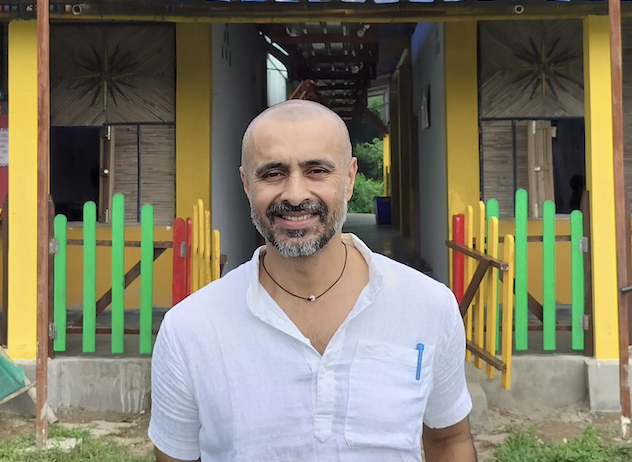
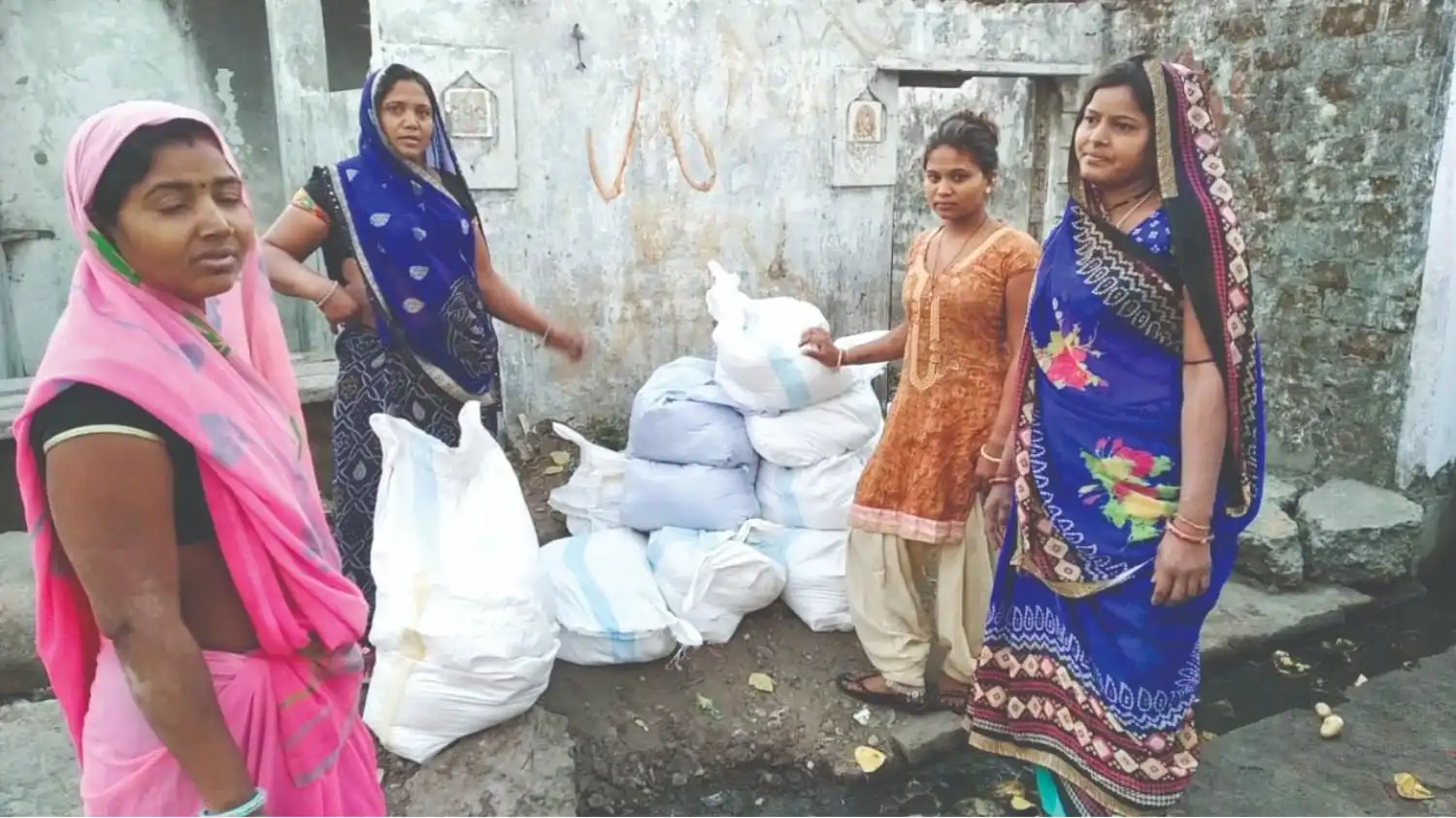
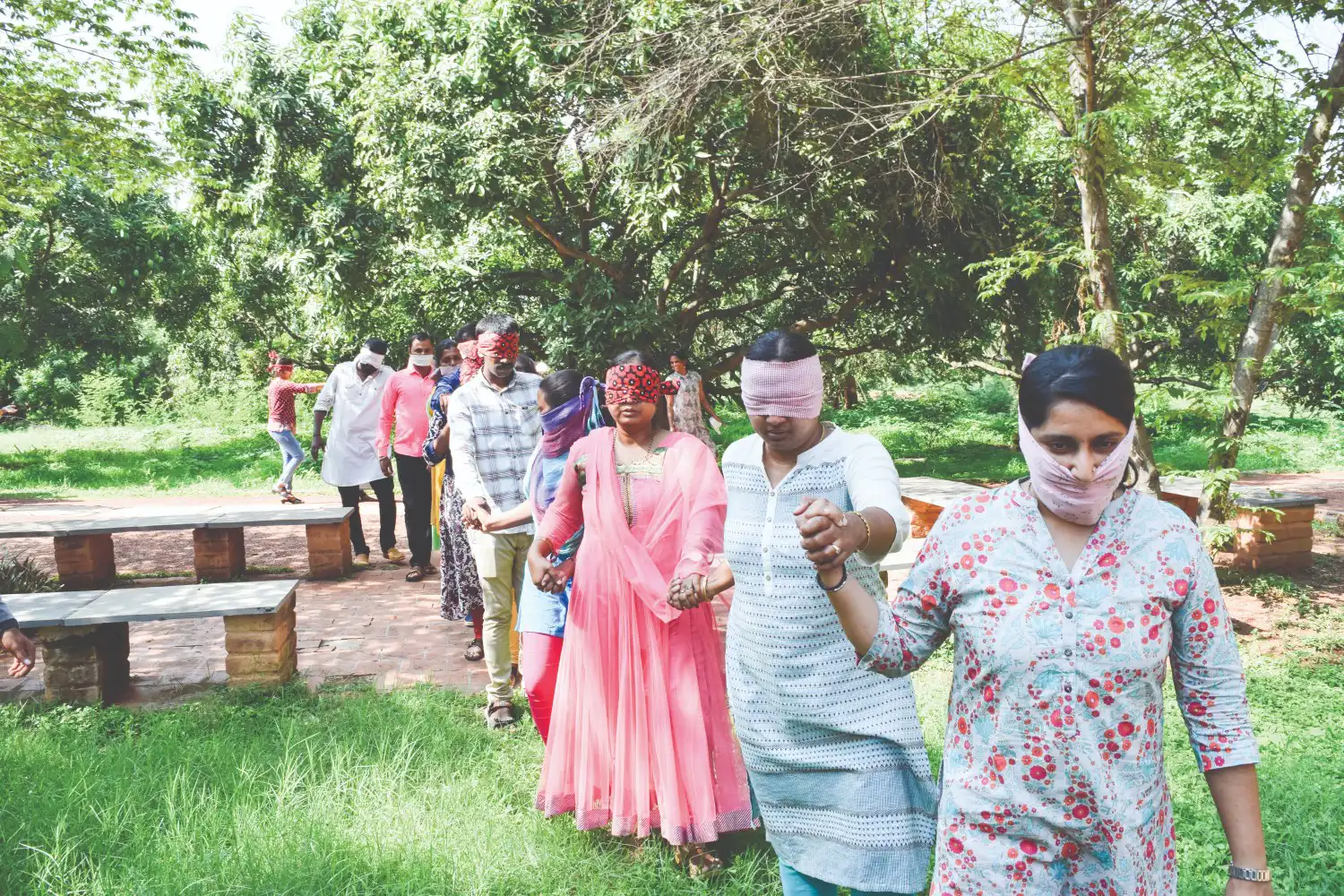
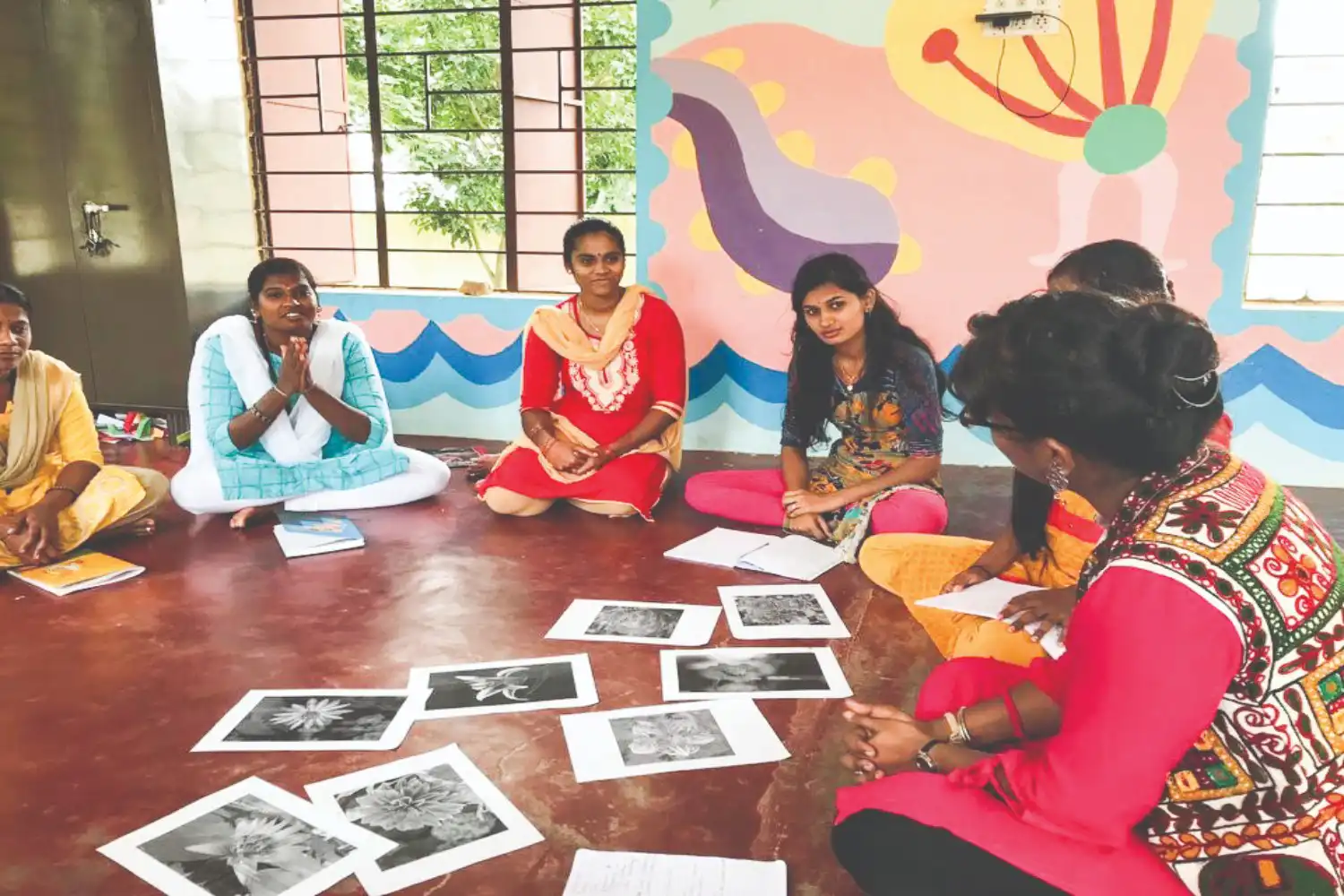
No approved comments yet. Be the first to comment!